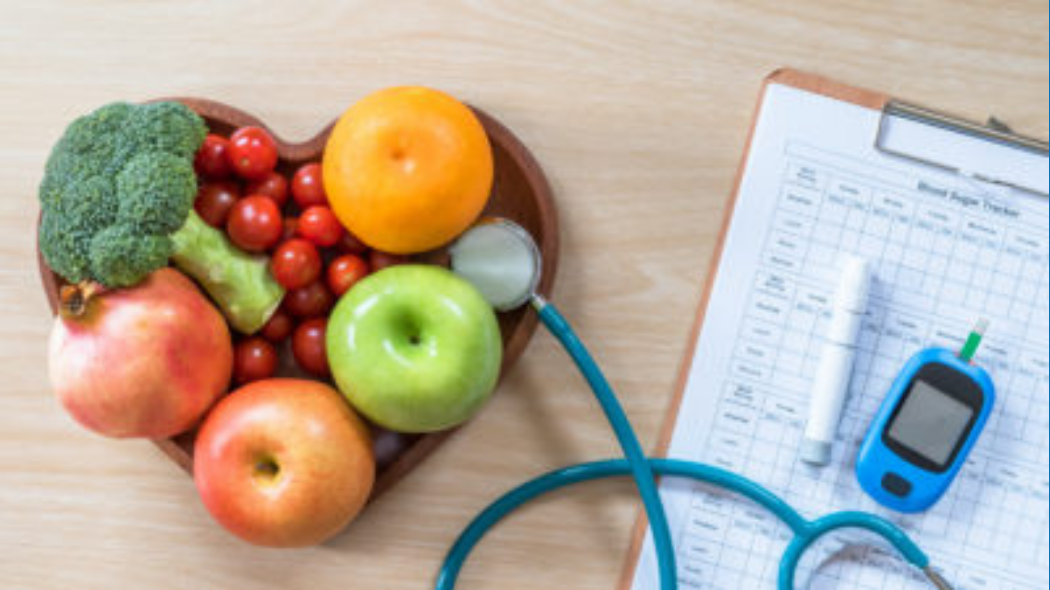Eating right and staying fit are important regardless of your age. As we get older, however, our bodies require different nutrition, so it becomes even more important to make the right choices.
Healthy eating, regular physical activity and a positive mindset can help you live not only a longer life, but a more fulfilling and happy one. These important components can also delay health issues, including diabetes and high blood pressure.
How do you achieve this important balance?
It doesn’t have to be complicated. With some simple planning, you can ensure you are getting the right nutrition at the right time each day. Experts agree that planning out your daily menu using good food choices is key to success. Doing so will keep you on track and give you more dedicated time to the physical activities you enjoy because you won’t be spending as much time in the kitchen.
How do you get started?
The National Institute on Aging recommends making a shopping list. Doing so will not only remind you to shop for the foods you should be eating, but will help you stick to your food budget. They have even provided a handy “My Shopping List” with nutritious, healthy options to take with you to the grocery store.
After shopping, build your meals following a simple, healthy, balanced diet by:
- Changing up your protein choices to include lean meats, fish, beans, peas and lentils, low-fat cottage cheese, pork loin and bison.
- Making at least half your grains whole grains.
- Making half your plate vegetables and fruits.
- Adding in three servings of low-fat or fat-free dairy daily (milk, yogurt or cheese) that are fortified with vitamin D to help keep your bones healthy.
Some additional healthy eating tips for seniors include:
- Use less salt. As we get older, our sense of taste declines and we may reach for the salt shaker to add flavor to our food. This is not a good idea. According to the U.S. Food and Drug Administration, too much salt can lead to high blood pressure and other health issues, like stroke, kidney disease and heart disease. Use seasonings that don’t contain salt, like fresh herbs and spices instead
- Use less sugar. Not only are refined sugars empty calories, but they add no nutritional value to your diet. Replace sugar heavy foods with fresh fruit, yams and other naturally sweet foods.
- Choose healthy fats. Fats are a necessary part of any diet, but it is important to reduce or eliminate saturated and trans fats. Healthy fats such as olive oil, avocado, fish high in omega-3 fatty acids and nuts are all great choices.
- Eat a variety of foods. It’s especially important to be aware of the variety of nutrients we are putting into our bodies as we age. Opt for a mix of lean protein, fruits and vegetable, whole grains and low-fat dairy products every day.
We can also help you right here at The Villages Health! Learn how to improve your eating and overall wellness choices at our Learning Center. We offer free classes and health screenings for the whole community that can help you achieve your personal health goals. Classes are free, but fill quickly. Be sure to invite a friend, neighbor or loved one. Registration is required.







